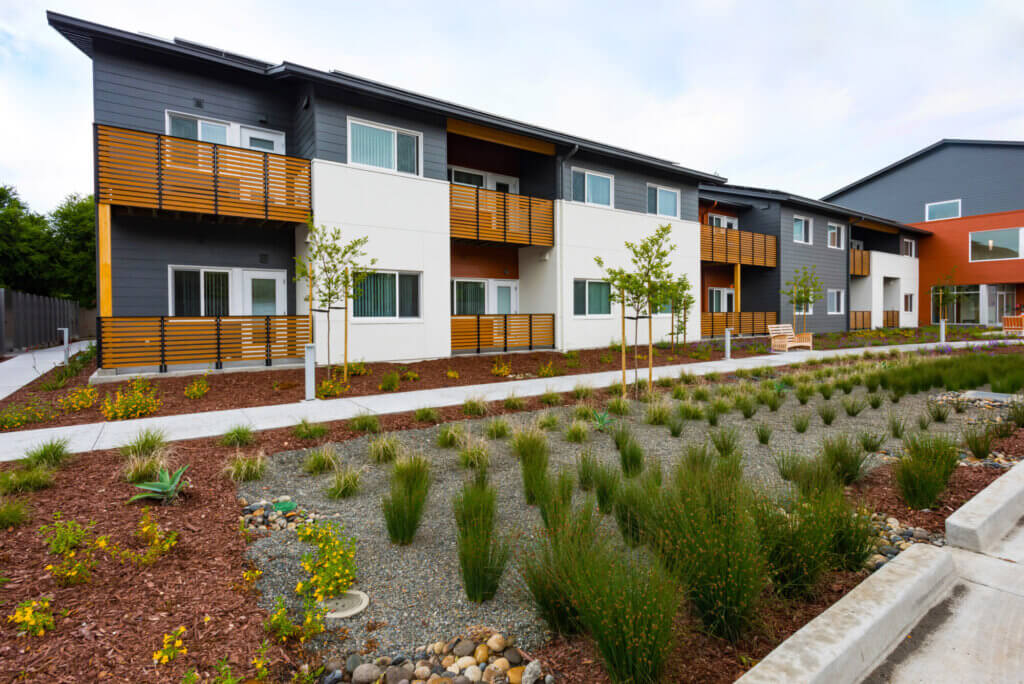Using Emergency Housing Vouchers to Address Homelessness
Published On March 7, 2023
In response to the COVID-19 pandemic and the heightened risks for people experiencing homelessness, the American Rescue Plan Act of 2021 appropriated funding for 70,000 emergency housing vouchers (EHVs). The EHV program was an unprecedented opportunity to rapidly house a significant number of people experiencing or at immediate risk of homelessness in the private housing market, but so far only two-thirds of available vouchers have been successfully used.
A new commentary Using Emergency Housing Vouchers to Address Homelessness explores the successes and challenges of the program nationally, followed by a deeper look at approaches California jurisdictions have taken to overcome these challenges. As of February 2023, approximately 30,000 households had received a voucher but were still looking for housing and more than one fifth of Public Housing Authorities (PHAs) that were awarded EHVs had leased less than half. The authors found that success with leasing vouchers varies widely by state.
The analysis shares strategies—based on interviews with PHAs, local homelessness systems, and direct service providers in California—to overcome three key challenges: finding eligible households, locating available units, and recruiting landlords. In addition, the analysis has broader lessons to improve the nation’s Housing Choice Voucher program.





